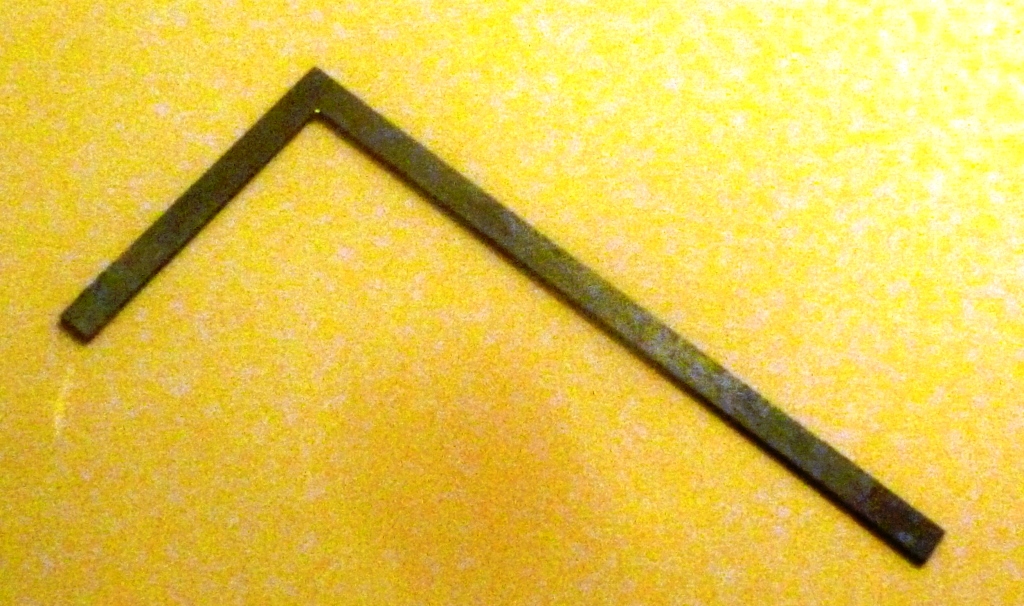Feb 23 2022
Standards, China, and the Industrial Revolution
[Featured image: a Han dynasty bronze ruler]
As a general principle, in manufacturing, you need to do the work the same way every time if you want the output to be consistent. In some cases, like extracting metals from ores, you need to tweak processes to produce consistent output from raw materials of varying compositions. Then the tweaks themselves must be executed consistently so that the response to a particular variation in ore content is always the same.
Standards are an area where China had a 2,000-year headstart but neither the scientific nor the industrial revolutions occurred there.
Contents
Standards in China
In Chapter 1 of Juran’s A History of Managing for Quality, Jin Qiupeng, Chen Meidong, and Lin Wenzhao eloquently make the point that China has a 3,000-year history of standards for measurements and characteristics of goods.
Among other examples, they cite this 1,000-year old tower with identical floor designs based on construction standards. According to the authors, emperors issued rules for the making of things for them, including weapons and any other objects they needed. These rules then trickled down through society, and craftsmen considered them compulsory.

The Scientific Revolution
If standards are as essential as the current Lean literature implies and China had a head-start in this area, why is it that neither the Scientific Revolution nor the Industrial Revolution happened in China? This question, in general, was asked by Joseph Needham, although not from the specific angle of standards.
Instead, Galileo, Kepler, Descartes, Newton, Leibniz, and others brought forth the Scientific Revolution in Europe. Small states competed and fought, and screws made in two cities didn’t have common threads. This revolution did not happen in China. Dan Cohen summarized it in the following picture:

The Industrial Revolution
Fast forward to the 1760s, when Gribeauval and Blanc started the development of interchangeable parts technology for weapons manufacturing. Standardization was a major component, from engineering drawings to gauges.
It happened in France, along with, a few decades later, the development of the metric system. Yet the Industrial Revolution happened in England, not France. In the UK, Parliament discussed adopting the metric system in 1818 and finally decided to support it in 1965 but, in 2022, the country still isn’t fully converted to it.

Conclusion
Standards matter in manufacturing. You need consistent fasteners and you need to do the same work the same way every time. History shows, however, that standards are not as foundational as we tend to think they are.
Further Posts About Standards
- What are standards for?
- Standards and Opportunities for Deviation
- Perpsectives on Standard Work
- The Purpose of Standard Work in Manufacturing
#standards, #partstandardization, #interchangeableparts, #quality

February 24, 2022 @ 9:38 am
The socioeconomic environment was much more important for the scientific and industrial revolution than standards. Standards – some as fundamental as units of measure – can develop in many ways. During these revolutions, I suppose many standards were created, and the bad ones were not adopted.
We use a base 10 number system; that’s the industrial standard as far as I’ve seen. Is it the best? Probably not: a base 12 system gives you more convenient divisibility. I suppose base 10 stuck because it came from Arabic numerals along with zero.
Newton and Leibniz each had notations for calculus. Leibniz’s was more better for whatever reasons, so it is more widely used.
I suppose good standards need time to develop properly, so having a marketplace of ideas on standards can help the best standards rise to the top.